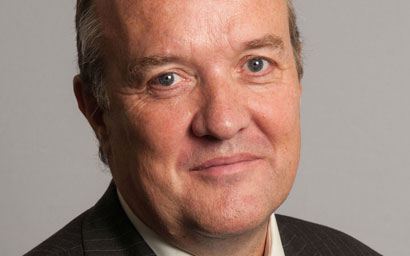Scale and global presence provide a significant advantage for asset managers. Consequently there has been a drive in the last ten years for asset management businesses to become more global – establishing global operating models, with centres of excellence in low-cost regions to maximise the wage arbitrage, and adopting a ‘follow the sun’ approach. Nevertheless, whilst it may look logical on a management consultant’s PowerPoint deck to deploy new systems and operational or organisational structures that span the world, the reality of execution is quite different.
Many see a global operating model as one that adopts consistent processes in all of the jurisdictions in which the firm operates. In this way, asset managers can pass investment business around the regions with ease and potentially consolidate operations and technology – thereby driving out significant cost. A simple example is where a firm might build its core client reporting components in one centre for its global operation. These core components would then be published around the world, with minor localisation being undertaken by the regional development teams.
Most firms, however, have yet to reach this level across their entire operations. Much of this is down to the way the asset management firms have evolved, with localised processes and technology deployments having accumulated over the years. Another reason is the scale and challenge of consolidating multiple regional operations into a single model. The time and cost involved in achieving this is often prohibitive, the level of internal disruption severe and the end results mixed.
As the political landscape has shifted, with Brexit, the Trump presidency and the rise of nationalism, ‘globalisation’ is increasingly under question. Restrictions on the mobility of labour and importing of services will have an impact on the asset management business; the acceptability of having operational centres in places like Mumbai or Kuala Lumpur is likely to be questioned more, both from an operational and brand/reputational viewpoint. In addition to nationalism’s impact on low-cost operational centres, the harmonisation of regulatory standards across the globe is likely to diminish. As markets start to behave differently, operating models will need to be increasingly sensitive to reflect this.
It is, of course, easier to introduce operational solutions for regional or local markets, as it is less complex. It might be more expensive in the long term because there is duplication of effort, but it is lower risk and can be more rapidly deployed. It can also be argued that a local or regional model is better able to adjust to the needs of the end consumer. Regional technical architectures can be fed from central hubs for specific data sets to bring some economies and consistency.
Global systems and unified operations are, to an extent, something of a mirage in the asset management world. Many firms have spent a lot of time and money chasing that nirvana, but this form of globalisation has become a reality for only a few. There appears to be more distance than ever between asset managers and a single, centralised global operating model. Perhaps it is time to step back and test the theory; could there be a better way for firms to operate as a global business?
Steve Young is managing partner at Citisoft
2017 funds europe





